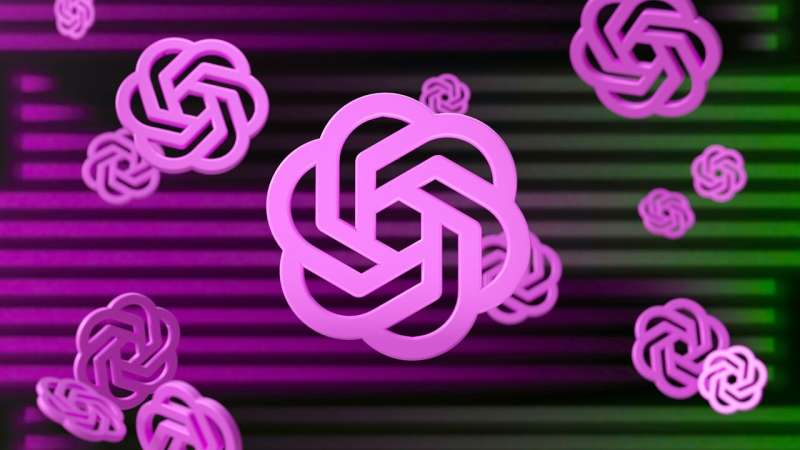
On Dec. 27, 2023, The New York Times filed a lawsuit against OpenAI alleging that the company committed willful copyright infringement through its generative AI tool ChatGPT. The Times claimed both that ChatGPT was unlawfully trained on vast amounts of text from its articles and that ChatGPT's output contained language directly taken from its articles.
To remedy this, The Times asked for more than just money: It asked a federal court to order the "destruction" of ChatGPT.
If granted, this request would force OpenAI to delete its trained large language models, such as GPT-4, as well as its training data, which would prevent the company from rebuilding its technology.
This prospect is alarming to the 100 million people who use ChatGPT every week. And it raises two questions that interest me as a law professor. First, can a federal court actually order the destruction of ChatGPT? And second, if it can, will it?
Destruction in the court
The answer to the first question is yes. Under copyright law, courts do have the power to issue destruction orders.
To understand why, consider vinyl records. Their resurging popularity has attracted counterfeiters who sell pirated records.
If a record label sues a counterfeiter for copyright infringement and wins, what happens to the counterfeiter's inventory? What happens to the master and stamper disks used to mass-produce the counterfeits, and the machinery used to create those disks in the first place?
To address these questions, copyright law grants courts the power to destroy infringing goods and the equipment used to create them. From the law's perspective, there's no legal use for a pirated vinyl record. There's also no legitimate reason for a counterfeiter to keep a pirated master disk. Letting them keep these items would only enable more lawbreaking.
So in some cases, destruction is the only logical legal solution. And if a court decides ChatGPT is like an infringing good or pirating equipment, it could order that it be destroyed. In its complaint, The Times offered arguments that ChatGPT fits both analogies.
Copyright law has never been used to destroy AI models, but OpenAI shouldn't take solace in this fact. The law has been increasingly open to the idea of targeting AI.
Consider the Federal Trade Commission's recent use of algorithmic disgorgement as an example. The FTC has forced companies such as WeightWatchers to delete not only unlawfully collected data but also the algorithms and AI models trained on such data.
This article is republished from The Conversation under a Creative Commons license. Read the original article.![]()
Citation: Could a court really order the destruction of ChatGPT? The New York Times thinks so, and it may be right (2024, January 25) retrieved 25 January 2024 from https://techxplore.com/news/2024-01-court-destruction-chatgpt-york.html
This document is subject to copyright. Apart from any fair dealing for the purpose of private study or research, no part may be reproduced without the written permission. The content is provided for information purposes only.
